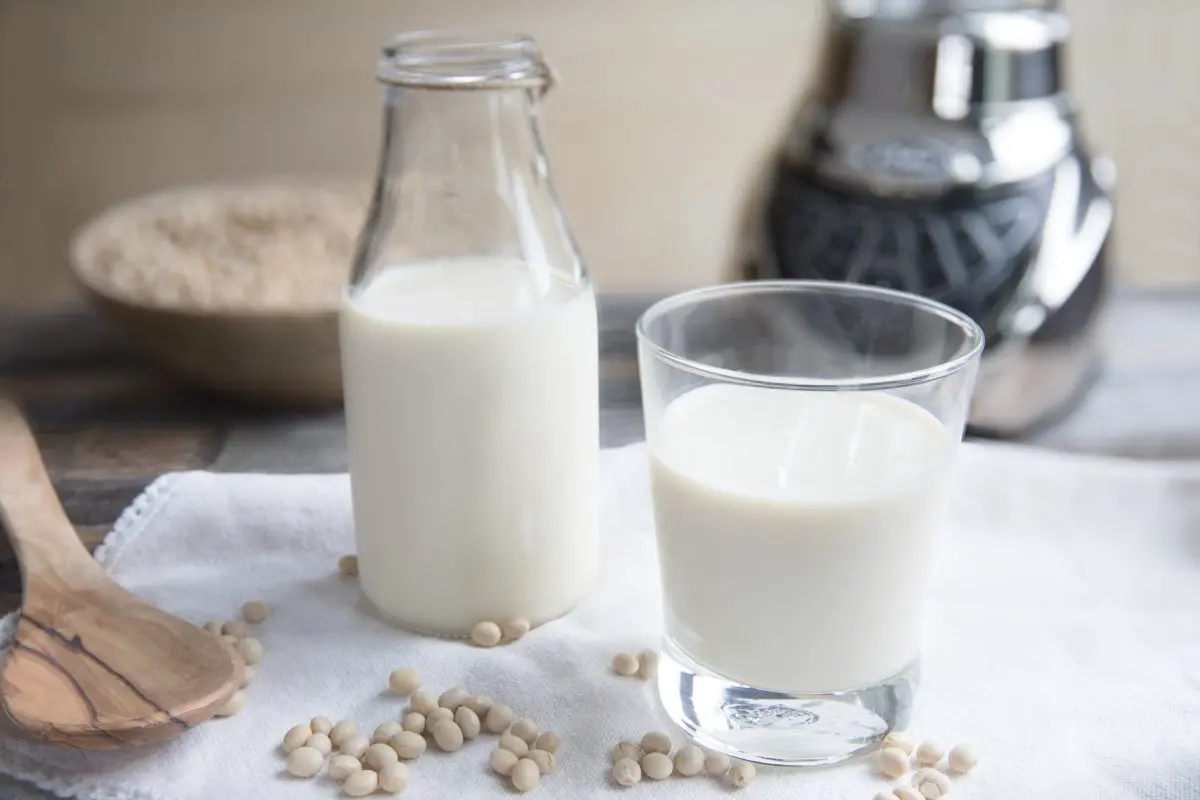
Do you want to access to this and other private contents?
Log in if you are a subscriber or click here to request service
Soy and oats? If you want, you call them milk...
The Food and Drug Administration changes the wording to vegetable drinks

No, it is by no means only mammals that produce milk. This was established by the Food and Drug Administration (Fda) of the United States of America, issuing guidelines which state that drinks made from soy, oats, almonds or other vegetables do not confuse consumers' ideas, in case referred to as "milk" on the label. No fraud, no deception, then. For years, dairy producers had lobbied the FDA to ban...
lml - 29548
EFA News - European Food Agency
◄ Previous page
EFA News - European Food Agency